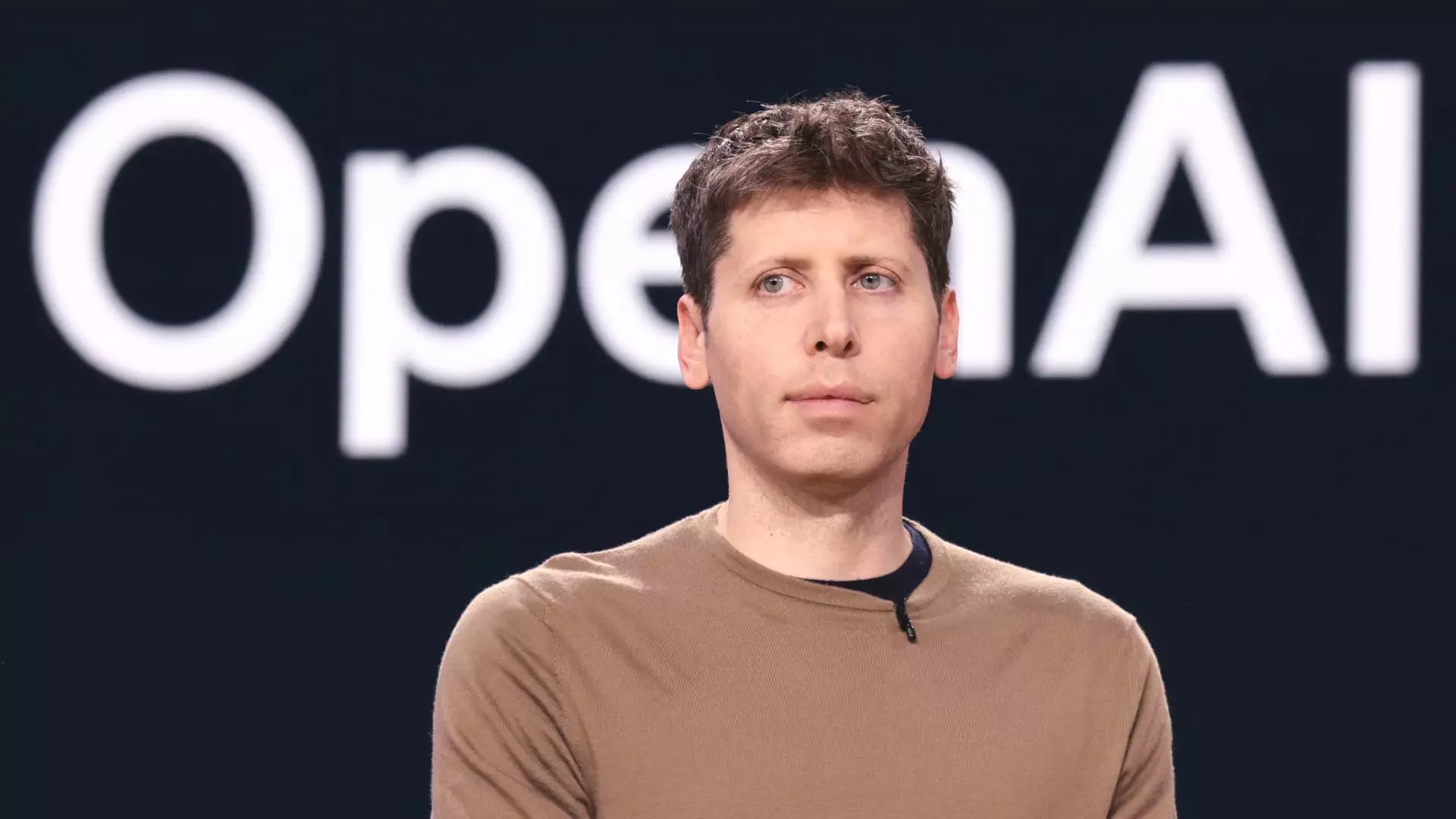OpenAI has recently announced a significant evolution in its governance structure by transforming its Safety and Security Committee into an independent board oversight committee. This change, introduced on a Monday following its formation in May amid a backdrop of security controversies, marks an important step for the organization as it seeks to enhance transparency and accountability in its rapid technological advancements. The committee will be chaired by Zico Kolter, a prominent figure in machine learning from Carnegie Mellon University, signifying a commitment to expert-led governance in a field that is increasingly scrutinized for its implications.
The initial formation of the Safety and Security Committee was a response to mounting concerns regarding OpenAI’s safety procedures during its explosive growth period, particularly following the release of popular AI models like ChatGPT. OpenAI’s ambition has led it into areas where ethical and operational challenges arise, pressuring the company to ensure that its practices align with public safety standards. The decision to establish an independent oversight body reflects its acknowledgment of these challenges and the necessity for rigorous checks and balances in the deployment of AI technologies.
The newly established committee comprises distinguished members, including OpenAI board member Adam D’Angelo, former NSA chief Paul Nakasone, and former Sony executive Nicole Seligman. Their varied backgrounds bring a wealth of knowledge and experience to the committee, enabling thorough oversight of OpenAI’s safety and security strategies. As the landscape of AI continues to evolve at a rapid pace, the oversight committee’s task will be to actively monitor the safety frameworks governing model development and deployment.
The committee’s mandate includes several vital responsibilities, particularly the establishment of independent governance protocols focused on safety and security. Specific recommendations, derived from a detailed 90-day review, emphasize the need for improved security measures, enhanced transparency regarding operations, and the importance of collaborations with external organizations. By implementing these changes, OpenAI aims to bolster public trust, which is crucial as tensions arise over the implications of AI technologies.
Funding and Future Directions
Amidst these organizational shifts, OpenAI is also navigating a significant funding round that may elevate its valuation to over $150 billion. With Thrive Capital reportedly leading the round with a proposed $1 billion investment, and major industry players like Microsoft, Nvidia, and Apple potentially joining in, the financial backing could allow OpenAI to accelerate its technological innovations while adhering to its newly established governance principles.
Such funding may be vital for OpenAI’s future endeavors, especially as it branches out with new AI models, including the recent showcase of OpenAI o1, aimed at solving complex problems. However, the company’s commitment to safety will be paramount as these innovations roll out, and the oversight committee will play a crucial role in assessing the readiness and safety of new models before they reach the public.
While OpenAI progresses with its governance enhancements, it remains under scrutiny from both within and outside the organization. Reports of rapid growth leading to operational compromises raise alarms among stakeholders worried about the company’s long-term viability and impact. Democratic senators have voiced concerns regarding safety protocols, and previous employees have highlighted the absence of adequate whistleblower protections and oversight mechanisms.
The concerns raised by current and former staff members suggest a need for OpenAI to leverage its new committee effectively to proactively address internal apprehensions. Following recent leadership departures from teams focused on long-term AI risks, the challenge will be to reassure employees and stakeholders that OpenAI is not only committed to innovation but also to ethical responsibility in its practices.
Conclusion: A Path Forward for OpenAI
OpenAI’s establishment of an independent oversight committee marks a significant turning point in its approach to safety and security amid the rapid advancement of AI technologies. With expert governance now in place, OpenAI is poised to address critical safety and ethical concerns that accompany its innovative endeavors. The alignment of funding initiatives with governance reforms could pave the way for a more responsible and transparent AI future. However, the onus is upon OpenAI to demonstrate its commitment to these principles through consistent action and rigorous oversight, ensuring that their ambitious technological journey does not compromise societal safety and ethical standards. As the landscape continues to evolve, the effectiveness of this new committee will be closely observed by the industry, regulators, and the public alike.

Leave a Reply